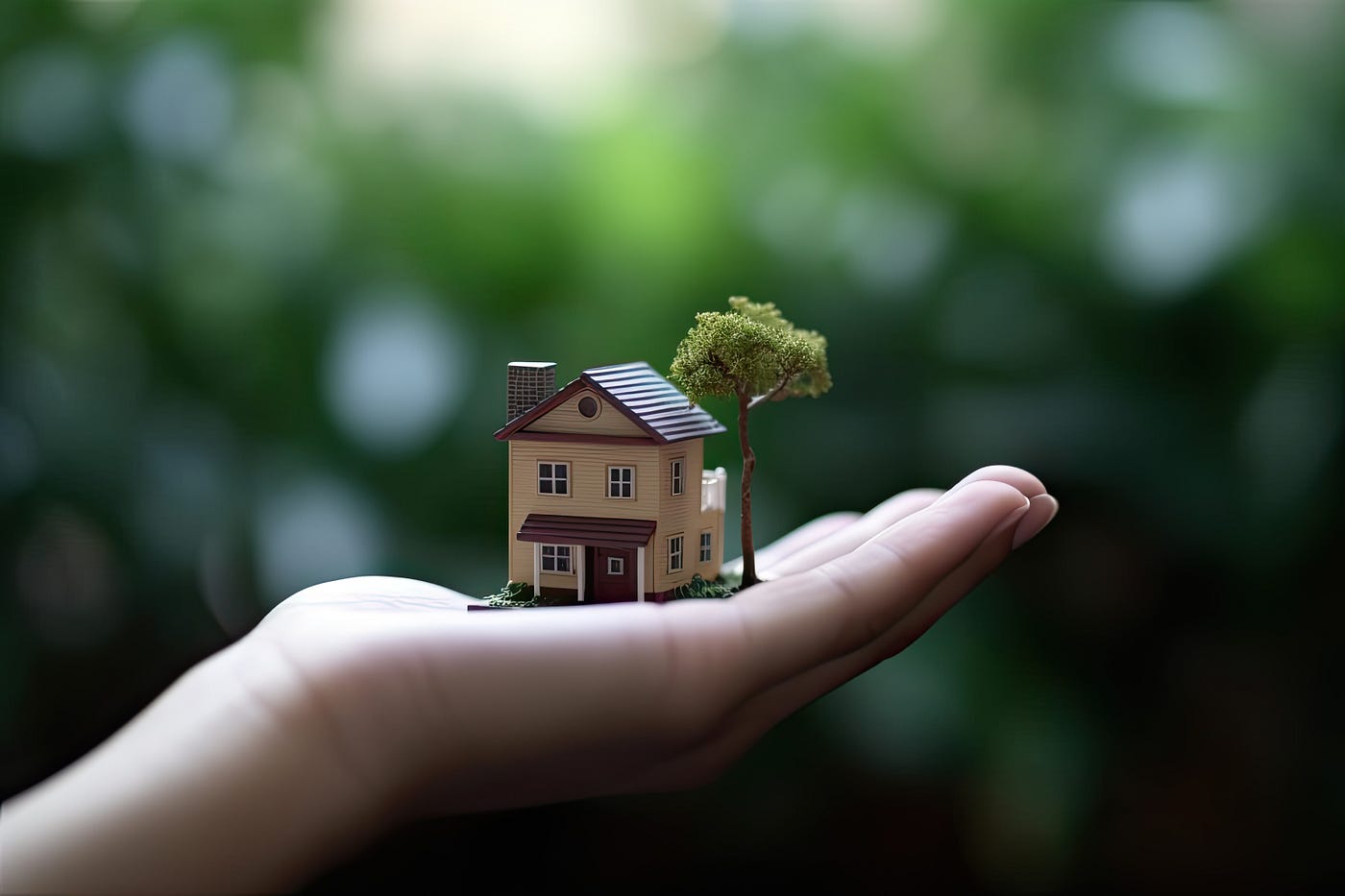When it comes to living a more sustainable and eco-friendly lifestyle, many people focus on making changes in their daily habits such as using reusable bags or reducing food waste. However, one of the biggest impacts we can make on the environment is by transforming our homes into eco-friendly havens. By incorporating sustainable practices and materials in our homes, we not only reduce our carbon footprint but also create a healthier and more comfortable living space for ourselves.
To better understand the concept of an eco-friendly home, let’s break down the different aspects that make up a sustainable home.
Energy Efficiency
One of the key components of an eco-friendly home is energy efficiency. This means using less energy to power our homes, resulting in reduced greenhouse gas emissions and lower utility bills. There are many ways to increase energy efficiency in our homes. Here are a few examples:
Use Renewable Energy Sources
One of the most popular ways to reduce our reliance on fossil fuels is by using renewable energy sources such as solar, wind, or geothermal energy. In Indiana, solar energy is a viable option for homeowners looking to switch to renewable energy. Look for trusted solar contractors in Indiana who can help you install a solar panel system on your roof or property.
Invest in Energy-Efficient Appliances
Replacing old, inefficient appliances with Energy Star-certified ones can significantly reduce your energy consumption. These appliances use less energy to perform the same task, saving you money on your utility bills and reducing greenhouse gas emissions. Look for the Energy Star label when shopping for appliances such as refrigerators, washing machines, and dishwashers.
Proper Insulation and Sealing
Proper insulation and sealing not only keep your home comfortable but also prevent energy waste. Make sure your home is well-insulated, especially in areas such as attics and basements. Additionally, seal any cracks or gaps in windows, doors, and other areas where air can escape.
Water Conservation
Another important aspect of an eco-friendly home is water conservation. By reducing our water usage, we not only conserve this precious resource but also reduce the energy needed to pump, treat, and heat water.
Install Low-Flow Fixtures
Low-flow fixtures such as showerheads and faucets use less water while still maintaining adequate pressure. This can save thousands of gallons of water each year and reduce your utility bill.
Collect Rainwater
You can also install a rain barrel or cistern to collect rainwater for outdoor watering needs. This not only saves water but also reduces stormwater runoff, which can contribute to flooding and pollution in our communities.
Sustainable Materials
Choosing sustainable materials for our homes is another way to reduce our environmental impact. This includes using materials that are renewable, recyclable, and have a low carbon footprint.
Use Sustainable Flooring
Consider using sustainable flooring options such as bamboo, cork, or reclaimed wood instead of traditional hardwood. These materials are not only environmentally friendly but also durable and stylish.
Opt for Natural Cleaning Products
Many cleaning products contain harmful chemicals that can be damaging to the environment and our health. Switch to natural, homemade cleaning solutions using ingredients such as vinegar and baking soda.
Conclusion
Making sustainable changes in our homes may require an initial investment, but the long-term benefits far outweigh the costs. By embracing sustainability and transforming our homes into eco-friendly havens, we can do our part in protecting the environment and creating a healthier living space for ourselves and future generations. So let’s start making small changes today to create a more sustainable tomorrow. Let’s continue to educate ourselves on different ways we can improve our homes sustainably, and inspire others to do the same. Together, we can make a big difference in creating a more eco-friendly world.
